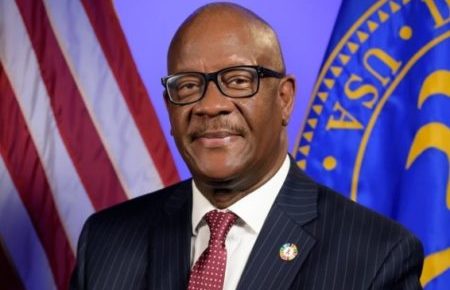By Hassan Osman Kargbo
All government-run rehabilitation centers in Sierra Leone have been closed due to a lack of funding, according to Ansumana Konneh, Director of Mental Health and Psychosocial Support Services at the Ministry of Social Welfare.
Mr. Konneh made the disclosure during Truth Media’s Morning Devotion program, where he expressed deep concern over the continued challenges facing the country’s rehabilitation sector. He revealed that the shutdown has left many people struggling to access the help they desperately need, particularly young people battling drug and substance abuse.
“The government rehabilitation centers are currently closed because of funding constraints,” Konneh said. “This situation is very worrying, especially as more young people are falling victim to drug addiction and other forms of substance abuse.”
The closure, he added, has already had devastating consequences in the past. A previous shutdown that lasted from September 2024 to February 2025 resulted in the deaths of several individuals who were awaiting admission to treatment facilities.
“A number of people who were waiting to get into rehab also died during the last closure,” Konneh lamented. “If we continually rehabilitate, we can save lives. Young people are vulnerable, and they are out there perishing. Rehabilitation plays a key role.”
The Director underscored that rehabilitation services are not just about treatment but also about restoring dignity and hope to individuals and families affected by addiction. He emphasized that closing the centers means leaving a growing number of Sierra Leoneans—particularly youth—without professional support at a time when drug-related challenges are increasing across the country.
Sierra Leone has been grappling with a rise in substance abuse, especially with the spread of synthetic drugs such as kush, which have devastated communities and overwhelmed both families and social institutions. Mental health experts have repeatedly warned that the situation is a ticking time bomb that requires urgent intervention and sustainable funding.
The Ministry of Social Welfare, through its Mental Health and Psychosocial Support Directorate, has been at the forefront of national rehabilitation efforts. However, without sufficient budgetary allocation and donor assistance, most of the government’s rehabilitation programs have struggled to remain operational.
Mr. Konneh called for renewed collaboration between government, civil society, and development partners to ensure that rehabilitation services resume as soon as possible. He stressed that saving lives requires consistent investment and commitment, not just emergency responses when crises escalate.
He also appealed to the public to show compassion toward individuals struggling with addiction, noting that stigmatization often prevents victims from seeking help. “Addiction is a health issue, not a crime. We need to help our young people recover and reintegrate into society,” he said.
As the government continues to confront the country’s drug crisis, the closure of rehabilitation centers highlights the urgent need for a sustainable mental health strategy—one that ensures facilities remain open, adequately staffed, and properly funded to save lives and rebuild futures.












